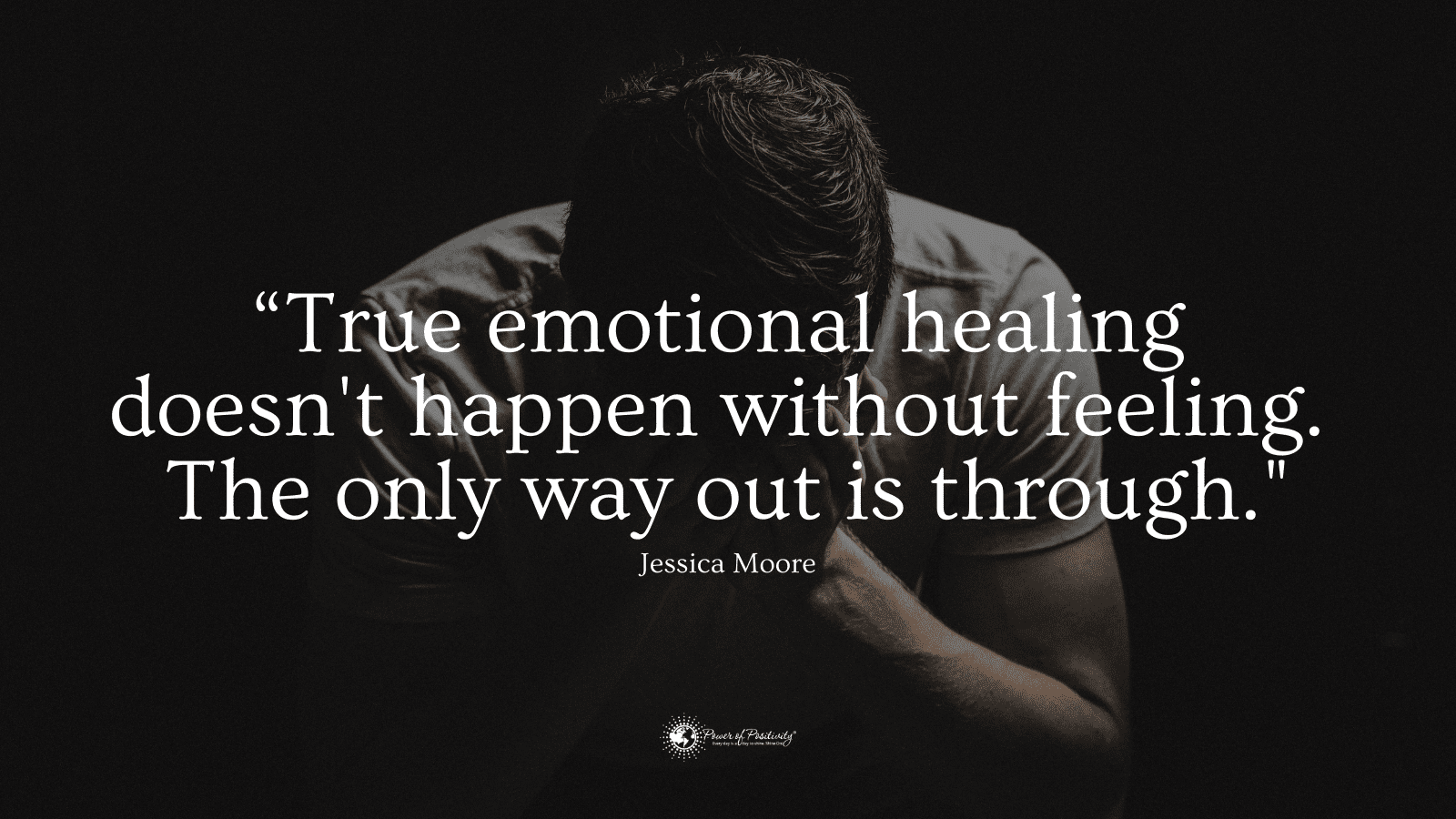Although it might seem like the world is going into crisis mode, if you look beneath the surface, you’ll notice a worldwide movement toward peace and justice happening. Every part of this Earth that needs healing is coming to the surface, and as they say, it only gets worse before it gets better. The riots and protests happening all around the world about various social, political, and cultural issues show that people want change, and they won’t stop until their voices are heard.
The world might seem like a dark place to live in right now, but this is actually a time of grand healing and transformation, in many aspects of life. If you have been feeling depressed, anxious, alone, scared, or vulnerable, please know that many of us are right there with you. It’s easy to feel lost and want to give up sometimes, but there IS a global movement happening as more people are realizing the cruelty, injustice, and division present in our world today.
With that said, here are a few signs of such an awakening happening, as many around the world report similar “symptoms.”
11 Signs The World Is Experiencing An Awakening
1. Feeling restless and on edge
People all over report feeling anxious and on edge for no apparent reason; they just feel that something big is about to happen, but they can’t put their finger on it. As unrest spreads across the globe, more and more people feel anxious about the state of the world, and rightfully so. Many of us just want peace, happiness, and abundance for all, and the fact that history seems to repeat itself makes so many of us feel powerless in our attempts to enact real change.
People around the world (ourselves at PoP included) want justice and freedom, but don’t know how to go about getting it, which creates frustration, anxiety, and fear.
2. Feeling tired all the time
Life today can get pretty exhausting, with all the responsibilities and chores we have to take care of. Not to mention, working 40+ hours a week just to barely scrape by adds another layer of exhaustion to our already tired souls. If you have noticed odd sleeping patterns, such as feeling more tired in the day, waking up in the middle of the night, or simply not being able to fall asleep, know that you are not alone in this. Many of today suffer from sleeping problems and feeling exhausted much of the time due to the strains that modern life puts upon us.
3. Heightened sensitivity
This is another huge sign of a global spiritual awakening, as many of us feel more sensitive to lights, noises, and busy places. Maybe you suddenly feel very anxious and uncomfortable in large, crowded places, but you never noticed this before. Maybe loud noises and bright lights are especially bothersome to you, and you try to avoid them as much as possible. Some of us don’t even like to leave our houses much of the time due to all of the overwhelming stimuli in the world today. Don’t worry, there’s nothing wrong with you; it’s just another symptom of awakening that we all are experiencing together.
4. Overwhelmed by technology
A lot of us really can’t stand computers, phones, or TVs for long periods of time anymore. The harmful waves that they emit are becoming overwhelming to many technology users, leaving them feeling frazzled, tired, and out of touch with those around them. In other words, it just feels like interference, or clouding of the brain. If you feel this way when you use your cell phone or computer, try taking frequent breaks so you don’t feel the effects quite so strongly afterwards.
5. Short attention span
This one isn’t really a shocker, as our fast-paced, constantly connected world leaves many of us with endless distractions. We have so much information to sift through on our phones and computers, not to mention the world around us, that it leaves our brains in a state of overdrive.
Apparently, humans have a shorter attention span than goldfish, coming in at 8 seconds. Goldfish, in comparison, have an attention span of 9 seconds. Obviously, if we all unplugged a bit more and tried leading slower-paced lives, we might be able to reverse this trend of shortening attention spans.
6. Going through more intense emotions
If it seems like your emotions are all over the place and you can’t sort through them effectively, you are not alone. We all feel this way at one time or another, as there is so much destruction and chaos happening on our planet right now. In any given day, you might feel waves of anger, sadness, loss, confusion, guilt, happiness, anxiety, stress, paranoia, etc, and continue cycling through these emotions. This is a normal part of awakening as a globe as we figure out how to deal with all of these issues that affect our daily lives, as well as the future of our planet. Not to mention, many of us are still trying to work through our past and deal with the present, which brings up many different emotions.

7. Questioning the “right” path
If you thought you knew the right path for you, but now feel confused about which way to go, don’t beat yourself up for it. Many of us are going through the same things and really trying to figure out how to live a life of true contentment, freedom, and abundance, as we all deserve. People are leaving relationships, jobs, and other things that no longer serve them, in search of what will really make them happy.
Related article: 6 Signs The World Is Experiencing a Spiritual Awakening RIGHT NOW
Don’t worry if your “right” changes from year to year, or even day to day; ultimately, you just have to go with your gut feeling and forget about pleasing the rest of the world.
8. Changes in appetite
You feel hungry some days, but at strange hours, not so hungry the next day, and sometimes, you don’t even know what you want to eat. Sound familiar? Well, don’t jump to conclusions just yet – it might just be another symptom of global awakening. Many of us are now aware of the toxicity present in our global food and water supply, and as such, tend to crave foods that are nourishing for our minds, bodies, and souls. That, of course, means different things to different people.
Some feel drawn to a raw vegan lifestyle, others just a vegan lifestyle, and still others a vegetarian or mostly plant-based diet. Go with what feels right for you, and only eat when you truly feel like it. If you’re more hungry one day than another, don’t question it too much. It likely is just your body attempting to find balance.
9. Frequent headaches
Another symptom people are reporting more often is severe headaches or migraines, for no apparent reason. It might even happen while you’re just relaxing at home, not thinking about much at all. We can only speculate about the cause, but it might just be due to the increasing stressors in the world and the global unrest occurring. If you notice yourself getting more frequent headaches, try to keep a journal of when they happen, as this could help you to determine the cause.
10. Feeling disassociated from yourself and reality
An overwhelming number of people don’t feel connected to much of anything in our current reality, even themselves. We’re all in search of answers, trying to find our own personal truths in this world. Many of us don’t exactly like to the current world we live in, so disassociation happens as a coping mechanism for reality.
11. Feeling paralyzed
In this case, it isn’t a physical symptom, but more of a mental thing that causes us to shut down. We feel pulled in so many different directions, and there’s so many paths we could take that we just tend to stop in our tracks and not do anything at all. We often don’t know where to turn and get overwhelmed with life, so we simply feel we can’t keep going. If this feels like you, just remember to take time to get in touch with your inner self, and rest as much as you possibly can. We’re all in this together; don’t ever forget that.









